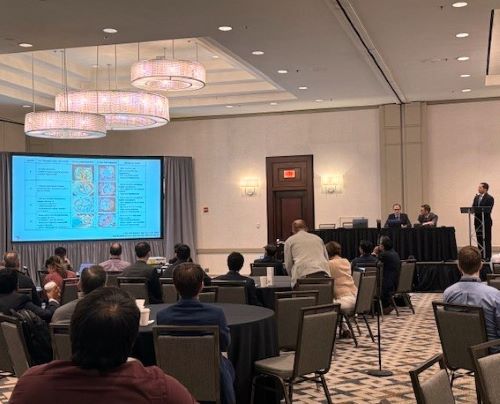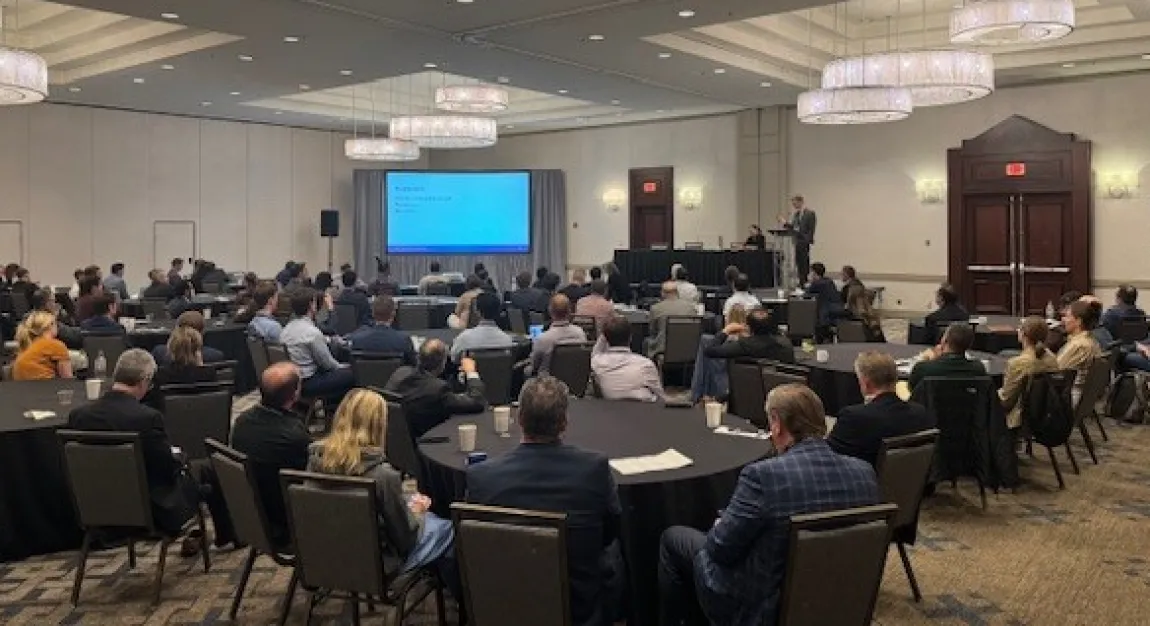The STS Workshop on Robotic Cardiac Surgery held May 9-10 in Peachtree Corners, Ga., offered 80 surgeons from across the country two days of hands-on team training for mitral valve repair, coronary bypass, and other surgery procedures in a cardiac robotics simulation environment.

Here are the top five benefits that surgeon attendees received from the experience:
1. Innovation: Attendees trained in robotic mitral valve procedures and robotic coronary revascularization using the latest techniques and technology. Multiple operating bays fitted with surgical robots allowed participants to sit at the console to control the robots.
2. Training: The program offered a variety of educational activities for surgeons, including real-world simulations, case videos, faculty discussions, emphasized patient selection, perioperative management and postoperative care, and operative techniques.
3. Collaboration: The workshop was designed for both beginner robotic surgical teams who are looking for fundamental information and guidance on how to build a program, as well as advanced robotic surgical teams already practicing cardiac surgery robotics and are looking to continually improve the efficiency and effectiveness of their program.
4. Access to luminary experts in the field: The workshop was led by world-renowned robotic heart surgeons. The surgeons who served as faculty not only mastered the use of robotics in cardiac surgery, but they also helped define it.
5. Networking: Robotic Cardiac Surgery Workshop attendees connected with surgeons from across the country who are on the cutting edge of robotic cardiac surgery.
Feedback on the conference was overwhelmingly positive. Here are a few highlights:
- "The best presentation was the one on preoperative criteria and assessment for robotic mitral valve patients."
- "The session content was helpful for those thinking about starting a robotic mitral valve program."
- "The presentations given by early-stage faculty on difficult cases where they had to convert to open were very helpful."
- "Dr. Joanna Chikwe's session on complications of mitral valve repairs was wonderful. I loved this presentation."
- "The most valuable sessions were those that offered peer-to-peer interaction with the experienced surgeons, including the hands-on lab."
- "I think the courses being part lecture and part hands-on gave the background and data to support what we are doing in the lab. Even more hands-on time would be great, as well."
